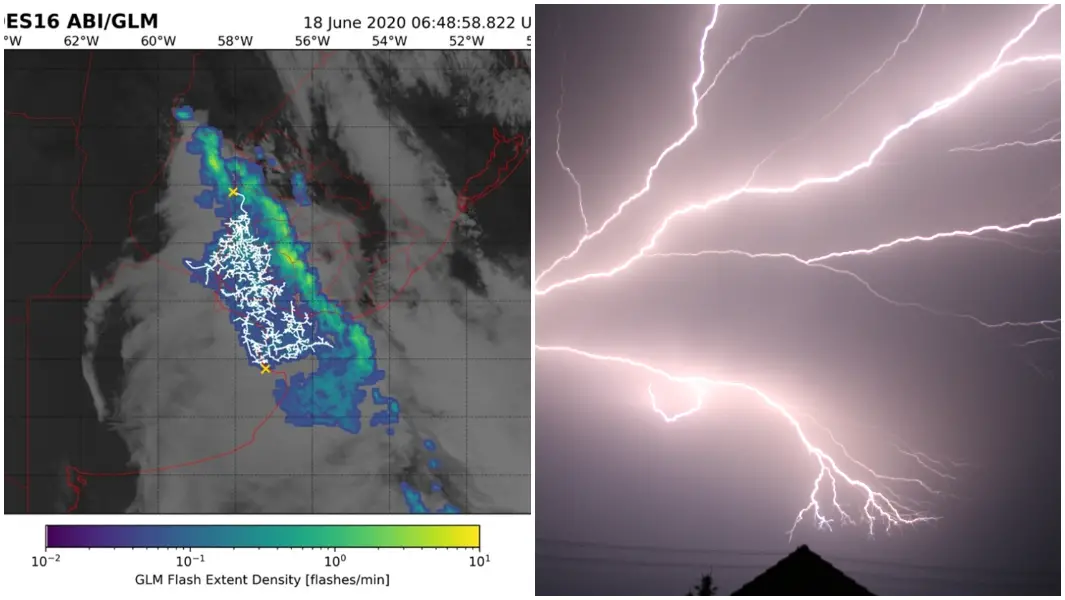Lanefan
Victoria Rules
Someone with more specific 5e knowledge can jump in here about this, but isn't it still true with arcane spells that they are written out in meticulous formulae with specific instructions etc. thus requiring arcane casters to carry around spellbooks containing such for each spell known?Again, that's an interpretation. And like I said, you're entitled to it, but it seems so dissatisfying to you that I'm not sure why you won't consider others.
There's nothing that says that casting counterspell is always done exactly the same way by everyone who uses it.
If yes, then the counterspell must at the very least be done the exact same way each time any one caster uses it, as per the instructions in that caster's book; and if I'm playing a caster and another caster counters my counter by casting it faster you can be sure I want to get my mitts on that caster's spellbook and learn that quicker-to-cast version.
That said, I'll concede that this all might work when talking about spontaneous casters as they kinda make this stuff up as they go along, and might never cast the same spell the same way twice. I'll also go on record as saying I'm not a fan, as non-book arcane casting allows yet another workaround to an otherwise-reasonable limitation on casters.
Told wrongly, IMO.There's nothing that says that the counterspell cannot be interrupted. In fact, we've been told the opposite.
And on a broader level, the flaw with any sort of LIFO structure is that the advantageous position is always held by the person who waits the longest to (re)act, where from an action-first derring-do mentality it would seem better that the advantage go to the first to (re)act. This also shows up in situations where someone wants to provoke combat by doing something sudden (i.e. acting first) and can't due to the way the initiative/turn model works.
Agreed - and this is where wild magic surges are born.There's nothing that says that magic spells cannot interact with each other in mysterious and unexpected ways.
Thing is, the only way to circumvent this at the table level is to go to some sort of "everyone declares actions then they're all resolved at once" setup, which has its own bevy of issues.There's nothing that says that the person casting the second counterspell didn't intuit what the other was doing and beat them to the punch... that the order of events for the characters MUST match that of the players. A lot happens in a round, and expecting that every participant is just standing around in stasis except on their turn is bonkers.



